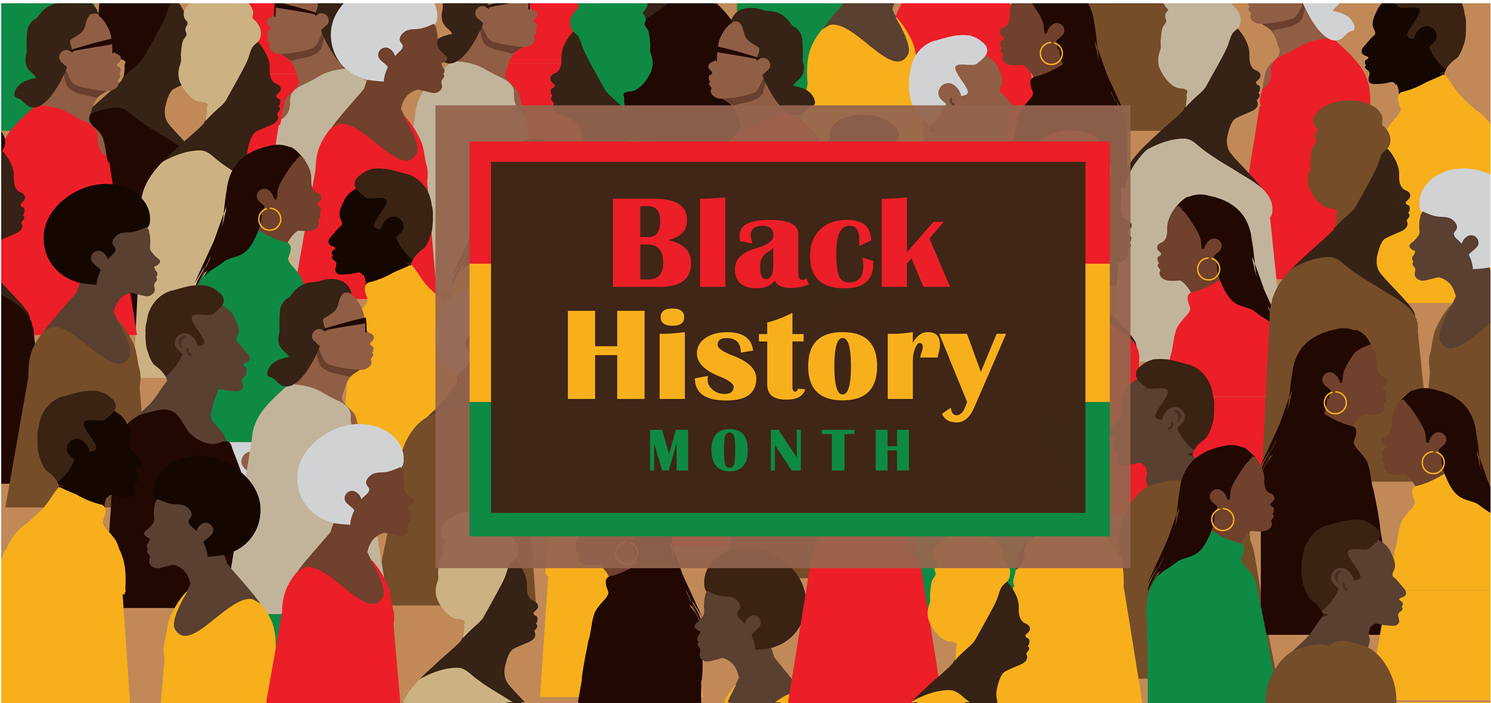Finding resistance and cultural humility this Black History Month
The theme of this year’s Black History Month is “resistance” — a layered term.
Amira Barger is executive vice president, health DEI, at Edelman.
The theme of this year’s Black History Month is “Resistance.” I’m sure, for most people, that term brings to mind images of protests and people marching in the streets. However, resistance comes in a myriad of forms, many much more subtle. For example, resistance results when we choose to go against or step out of the usual flow of things. As a communications and diversity, equity, inclusion (DEI) advisor, I am working to resist the status quo in how we practice and apply equitable approaches to our work.
As communications professionals, I am sure many of us can repeat the common phrases and word salad we’ve come across pertaining to cross-cultural communications and multicultural communications approaches. One term I’ve never quite cared for is “cultural competency.” Loosely defined as “the ability to engage knowledgeably with people across cultures,” many of my communications and DEI peers express the same sentiments: it over-complicates, it is not possible to be competent in all cultures, “it is not distinct enough to be applicable. Cultural competency is a notion healthcare professionals long ago deemed an impossibility.
One of the main challenges to achieving cultural competency in the world of communications simply results from the fact that, according to the Bureau of Labor Statistics, the ethnic makeup of our industry is 87.4% white. Speaking as a member of a historically marginalized and presently underrepresented community, as an alternative to asserting your understanding of various demographics, I would prefer that communications professionals ask themselves a few pertinent questions, such as:
- Is there a member of the community we are excluding from a decision-making role?
- Who else needs to be at this table?
- What are the power dynamics at play in our decision-making?
- Is there a need for someone to step aside and make room for more members of the community we are reaching?
Beyond that, I would encourage you to instead embrace the concept of cultural humility. Cultural humility is a phrase from the public health space and is a principle of equity from the toolkit physicians apply in patient care. I find it to be far more achievable, and an apt reframe of a layered concept. The term was “introduced in 1998 as a means of acknowledging and addressing one’s own biases.” It was coined by Melanie Tervalon and Jann Murray-Garcia, and was intended to describe a way of incorporating multicultural considerations into their work as healthcare professionals.
In contrast to cultural competency, which presumes an intellectual understanding of culture acquired through knowledge and training, cultural humility emphasizes an experiential and introspective understanding of culture, embracing the layers of our identity and centering perspectives where each person is the expert on their own lived experience. Rather than enforcing the idea that there can be “competence” in a culture other than one’s own, cultural humility involves self-reflection and personal critique, and requires sensitivity to existing power imbalances and lifelong learning.
While cultural humility was being introduced to the world in 1998, Valerie Billingham also presented a session at the Salzburg Global Seminar that same year titled, “Through the Patient’s Eyes.” Her timeless words of wisdom captured the essence of shifting conditions and centering those most impacted: “Nothing about me without me.” The systems of oppression that allow for a lack of equity, inclusion, or belonging — in any space — harm each of us in varied ways and with different potency. The importance of understanding that is realizing we each have a role to play in dismantling what “is” for what “can be”.
The team at Edelman provides us with a practical example of what that can look like. This Black History Month, united under the theme C.A.R.E. (Cultivating A Richer Experience), Edelman Griot, our Black Employee Network Group, has implemented activities and guided programming that will showcase how employees can cultivate richer experiences for themselves, our colleagues, our clients, and our communities — personally and professionally. These programs will be ongoing throughout the year and include an annual poetry slam; a panel conversation with platforms such as Blavity, Diversity Inc, Essence, and Mom.com on elevating Black voices in media; a mental wellness resource session; and a game night. We’ll also host a fireside chat with the founders of Edelman’s Mighty Dream, a new creative advocacy agency founded in partnership with Pharrell Williams, as well as an employee spotlight showcasing rising Black talent at Edelman who are acting with C.A.R.E. within the organization and beyond.
As a DEI practitioner in health, I often refer to myself as a guide or a coach –- someone who walks alongside you, in conversation with you, making decisions with and rooting for you. The work of DEI happens “with” one another, in relationship and community. Patients are not subjects to be studied, employees are not assets to be managed, and people in communities are more than impacted parties waiting to be saved (we do not need saving). Those closest to the problem are those best equipped to craft the solutions. I’m grateful this Black History Month, and every season, for the opportunity to be a guide in crafting solutions that shift conditions towards equity for all.
The post Finding resistance and cultural humility this Black History Month appeared first on PR Daily.
